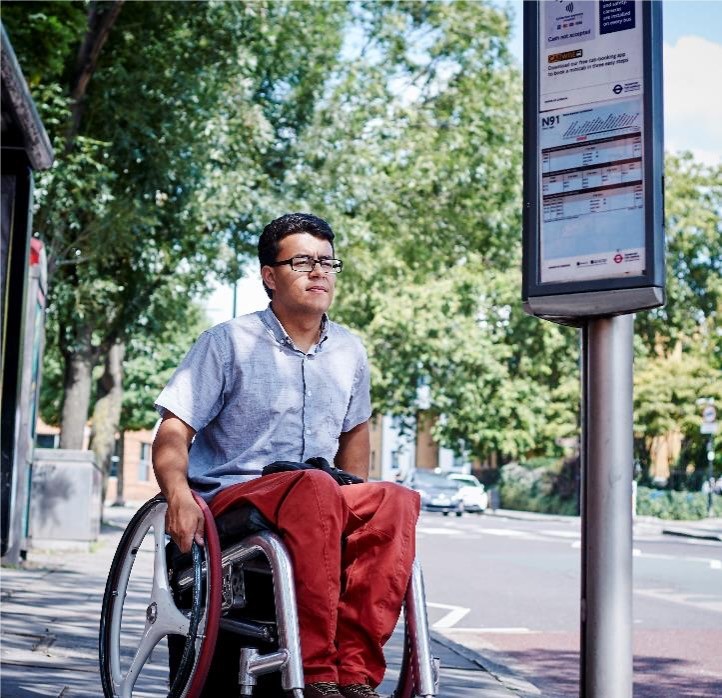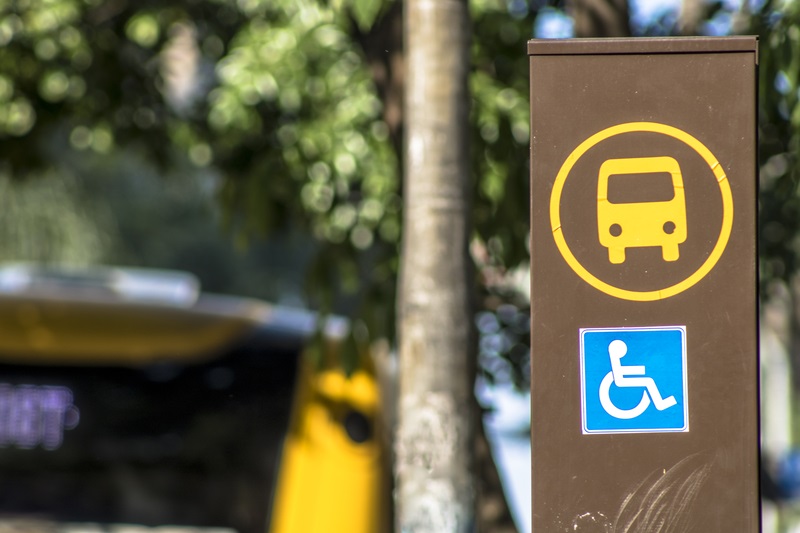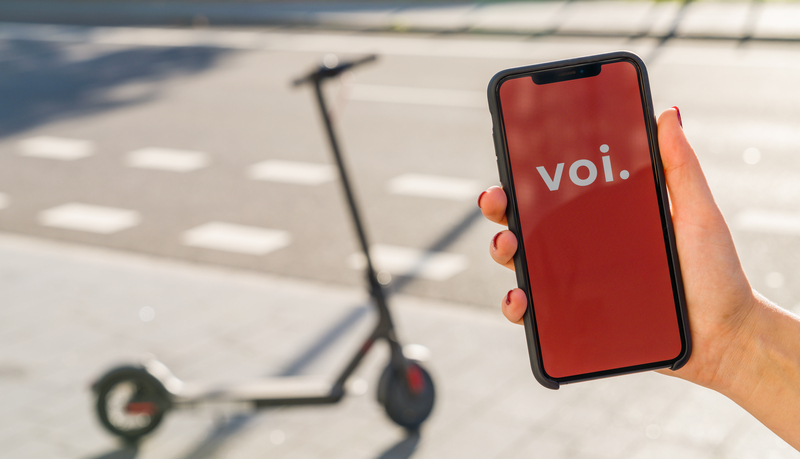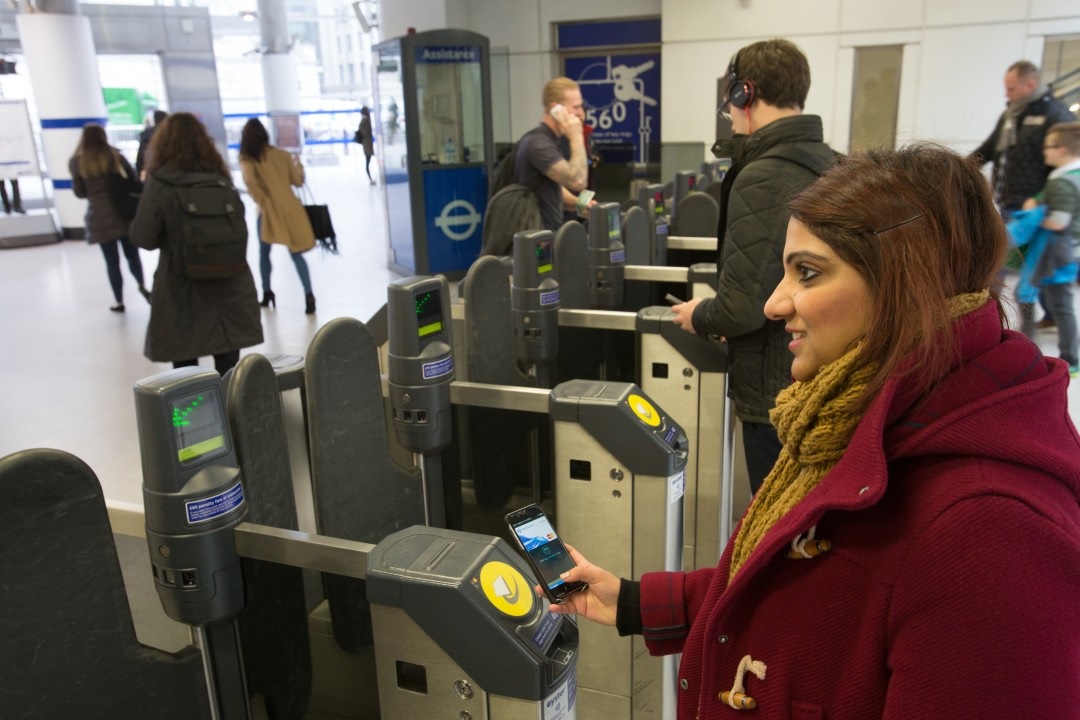
Public-facing transport technology - particularly public transit - must have inclusivity factored in from the beginning, or risk excluding less able members of society.
That's the warning from ITS (UK)'s latest Inclusive Mobility Forum meeting, which heard from Gordon McCullough, CEO of the Research Institute for Disabled Consumers, that disabled people take 38% fewer trips than non-disabled people, and this accessibility gap has not changed in a decade.
McCullough said 'digital exclusion' was particularly important for transport service providers to address.
A recent survey of disabled people suggested that a quarter are unable to use smartphone and tablet apps, nearly a third struggled to evaluate the credibility of online information, one in eight find obstacles with shopping around for products and services on the Internet - and one in 10 are not confident to search for information.
This means disabled and older people must be included from the start of any transport service design.
“It should be the most fundamental thing that you think about at the very beginning, and the way to do that is to put a process in that allows you to listen and understand disabled people's needs and expectations," McCullough said.
“Delivering inclusive mobility isn’t just the right thing to do, it makes economic sense,” said Forum Chair Kris Beuret.
“We heard in the meeting how the annual economic benefit of closing the accessibility gap is more than £70 billion. Therefore, there is no reason whatsoever not to properly consider all sections of society when planning a transport product."
"It is clear that, if you do not consider inclusivity from the very beginning of product development, and whether you mean to or not, you will end up excluding people," Beuret added.
ITS (UK) is setting up a research project to understand more about why digital exclusion is not being addressed.
You can read more about the ITS (UK) Inclusive Mobility Forum research project here.












